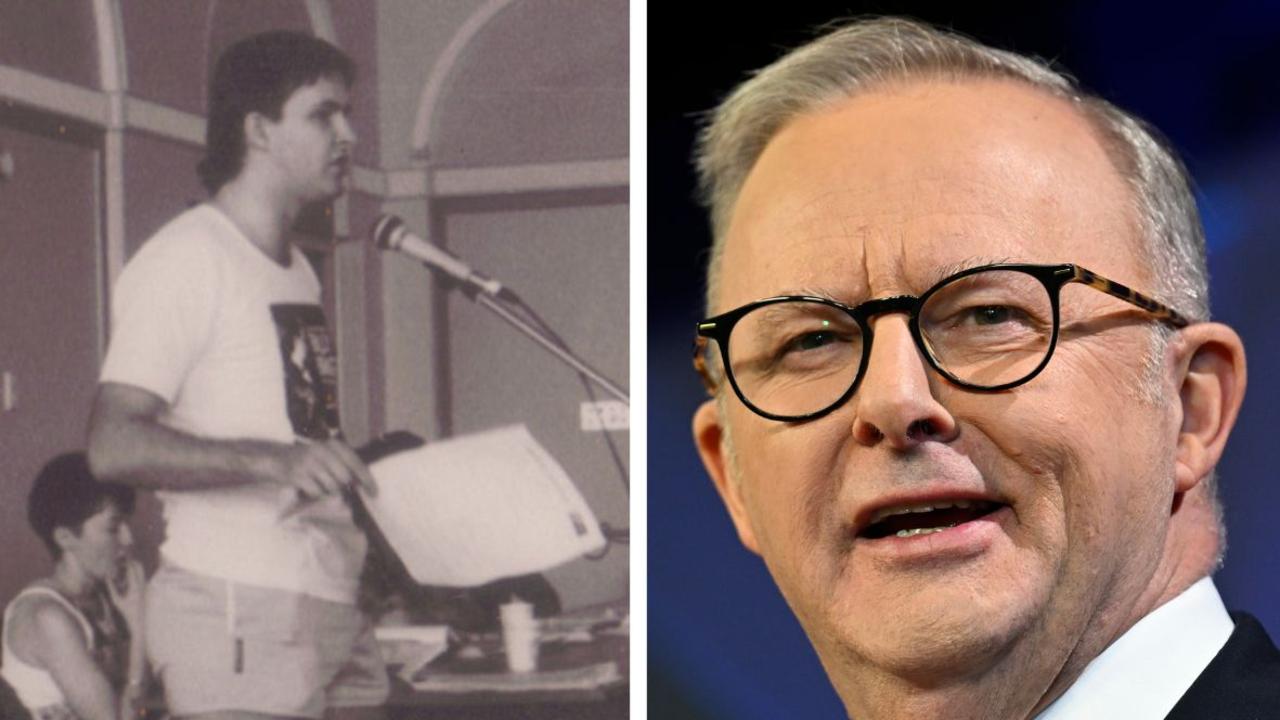‘He blew it’: Vladimir Putin’s mistakes in Ukraine
Vladimir Putin is a spy, not a strategist. But how will the world cope with the fallout from the mistakes the Russian President is making?
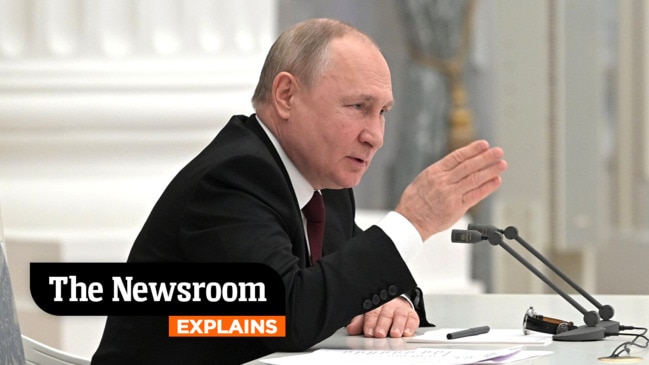
About three-quarters of Russia’s armoured military might has now been flung at Ukraine. But by all accounts, it’s largely stuck in the mud – both literally and figuratively.
Napoleon and Hitler learnt this the hard way. Now, it seems, Russian President Vladimir Putin is determined to do so, too.
After more than three weeks of fighting, Russian forces have made minimal progress on land, sea or air.
“The vast majority of Ukrainian territory, including all major cities, remains in Ukrainian hands,” the UK Ministry of Defence said.
So, where did self-proclaimed mastermind Vladimir Putin go wrong?
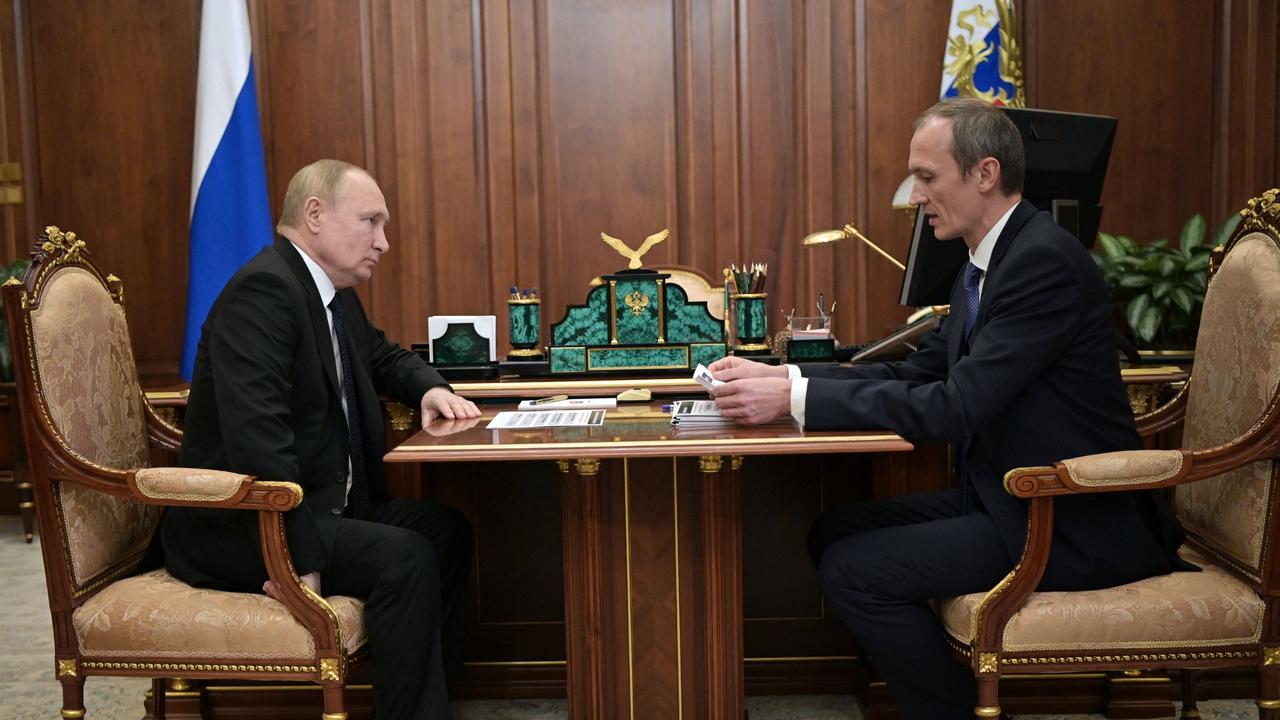
“The stage was set for Putin. He blew it,” American University Associate Professor Joshua Rovner says. “Instead of the danger of being outwitted, the danger is the fallout from Putin’s mistakes.”
Mr Putin is blaming his tools.
In this case, that’s his intelligence agencies, generals – and his own people.
“Any people, and particularly the Russian people, will always be able to tell apart the patriots from the scum and traitors and spit them out like a fly that accidentally flew into their mouths,” Mr Putin pronounced in a televised address on Thursday.
But he’s the strongman.
Nothing happens without his approval. Or input.
And he’s fallen into history’s time-honoured dictator trap.
The Putin Playbook
“He launches military campaigns and then scrambles,” Prof Rovner says. “He embarrasses his security chiefs in public. He puts Russian diplomats in an impossible situation through his outrageous rhetoric and outlandish lies. His transparent power grabs alienate those who would otherwise be happy to do business with Russia. And he seems totally incapable of learning.”
It’s not an assessment we’re used to hearing.
The Russian leader has cultivated a particular personality cult for decades. He’s the savvy strongman. A calculating mega-mind. A stable genius who plays the long game.
Three days after Russia attacked Ukraine, former US president Donald Trump declared Mr Putin to be a “strategic genius”.
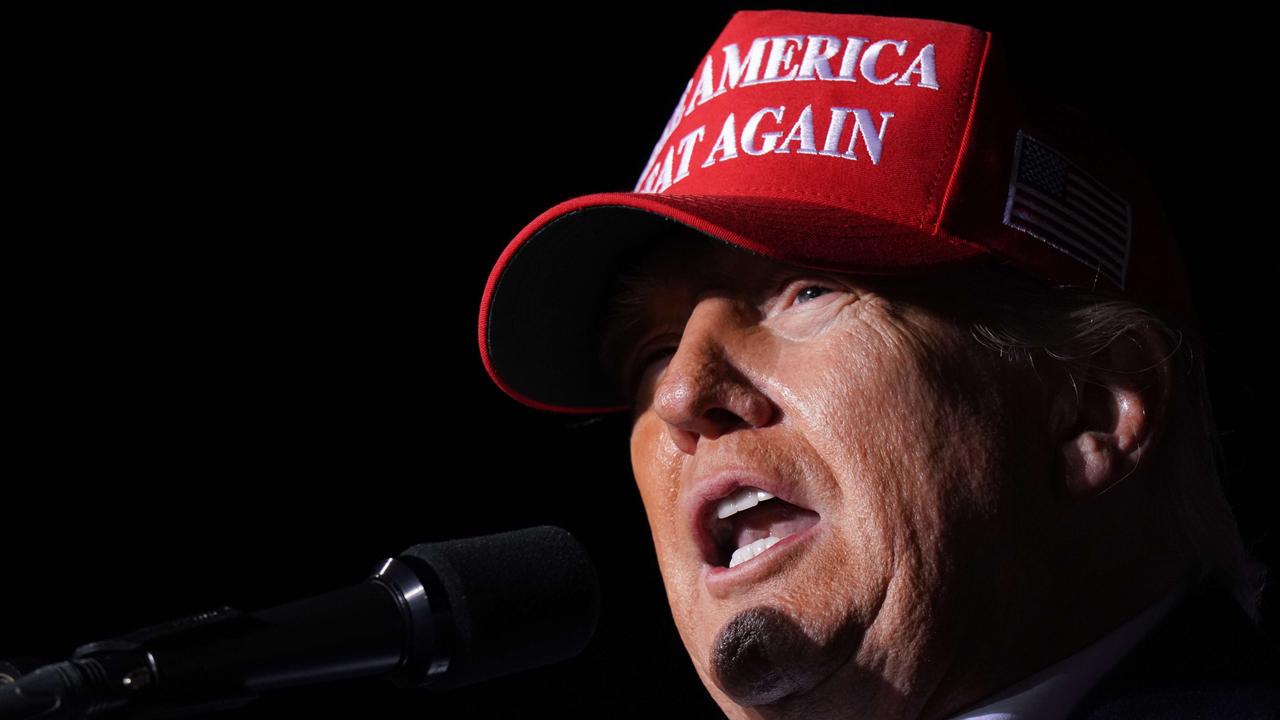
Such political spin rarely matches reality.
Mr Putin has put himself to the test. And he’s been found wanting.
“The truth is that Putin is following a well-established pattern here,” Queen’s University Belfast European history expert Dr Alexander Titov says.
“This is not an irrational action, but a case of history repeating itself.”
Autocrats have a long history of destroying themselves.
Their paranoia rules supreme. Their inner circle of advisers becomes ever smaller and more sycophantic. Eventually, they fall into a “dictator trap” – a delusion of their own creation.
Mr Putin appears to have become convinced of his infallibility.
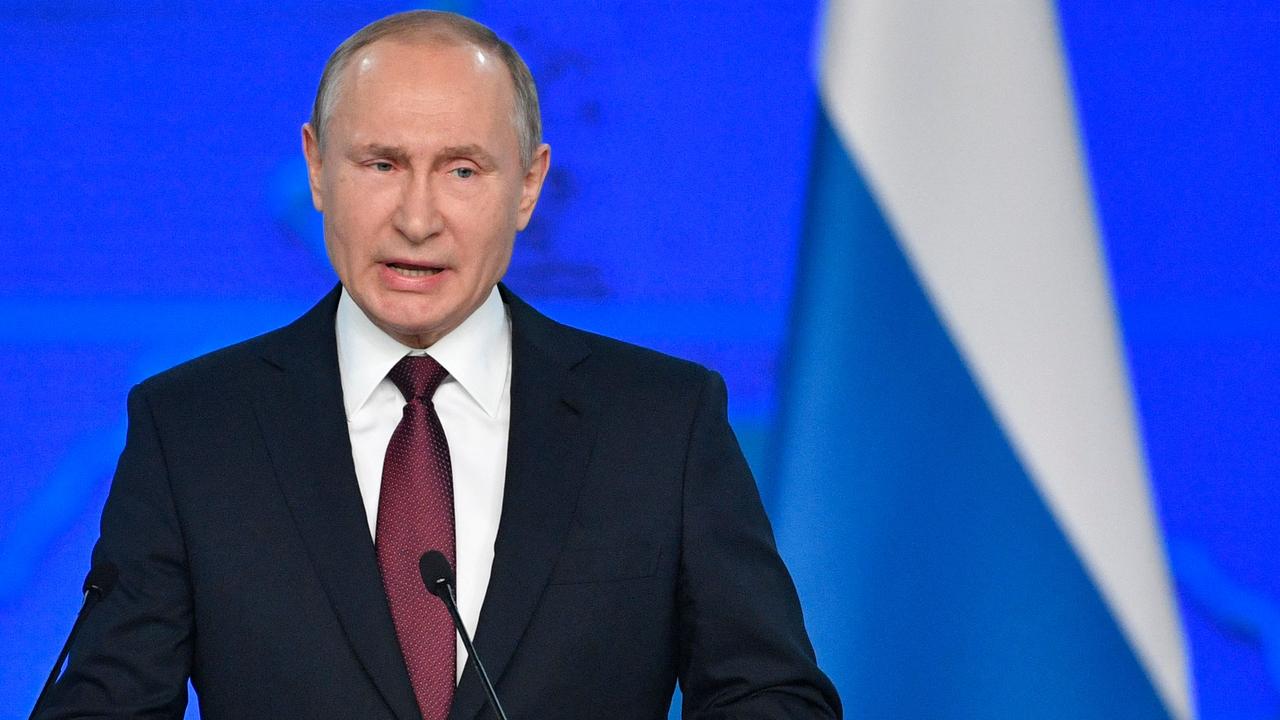
Many military analysts believe he expected Russia’s elite military units would “thunder-run” into Ukraine, surround the key cities within a few days, and be greeted as liberators by hordes of cheering citizens.
Instead, they were decimated.
Shakespearean tragedy
“None of this was necessary,” Prof Rovner says. “A decade ago, Putin had a very good hand to play.”
Back then, NATO was stagnant, the US was mired in Afghanistan, Europe was slashing its defence expenditures and Washington’s isolationists were winning influence.
Russia, on the other hand, had a recovering economy. It could afford to modernise its economy. Lucrative new international projects were coming online.
Then Mr Putin moved.
“Russia’s annexation of Crimea and its support for separatists in eastern Ukraine were needless blunders,” Prof Rovner says.
It came amid a swarm of deception and conspiracy.
It was all aimed at undermining Ukrainian and Western authority. It was supposed to give Moscow “plausible deniability”.
“Few doubted Russian responsibility for the machinations of cyberspace operators and little green men (Crimea’s anonymous invaders),” he says. “If anything, this approach made it look duplicitous and vaguely sinister. And it paid a substantial economic and diplomatic cost. Putin’s gambit breathed new life into NATO and stalled Russia’s revival.”
That was 2014.
It led to sanctions, international condemnation – and deep-set suspicion.
Mr Putin learnt nothing.
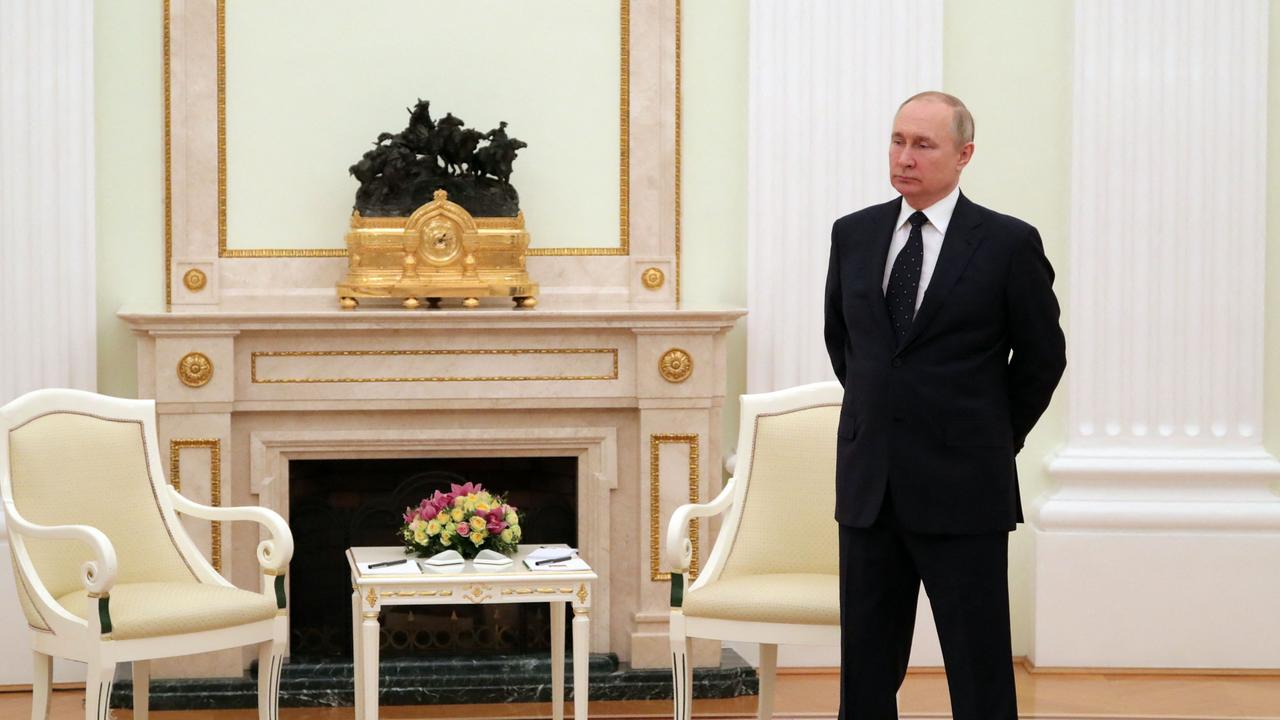
“Today, his misuse of Russian power is leading Russia towards impoverishment and isolation,” Prof Rovner says. “His ill-considered invasion of Ukraine has galvanised international opposition, crippled the Russian economy, and overstretched the Russian military. Putin is making Russia a pariah state.”
But the temptation of war has a powerful pull, warns San Diego State University Professor of US military history Gregory Daddis.
“What makes war seemingly worth these inescapable risks?” he asks. “Perhaps it is the conviction that armed victory is the ultimate decider within any international political arena.”
It’s the allure of a quick, clean – but violent – knockout blow.
“It appears that Putin reviewed his recent successes in Chechnya, Georgia and Syria as a harbinger of victory in Ukraine,” he says.
Severed dreams
“The spoils of war can be great: Independence, increased power, and land and resources,” Prof Daddis says. “And yet for every military success, the historical record offers ample instances that should give pause.”
Mr Putin has found this out the hard way.
He’s exposed.
A military loss will almost certainly lead to his downfall.
A military victory seems out of reach.
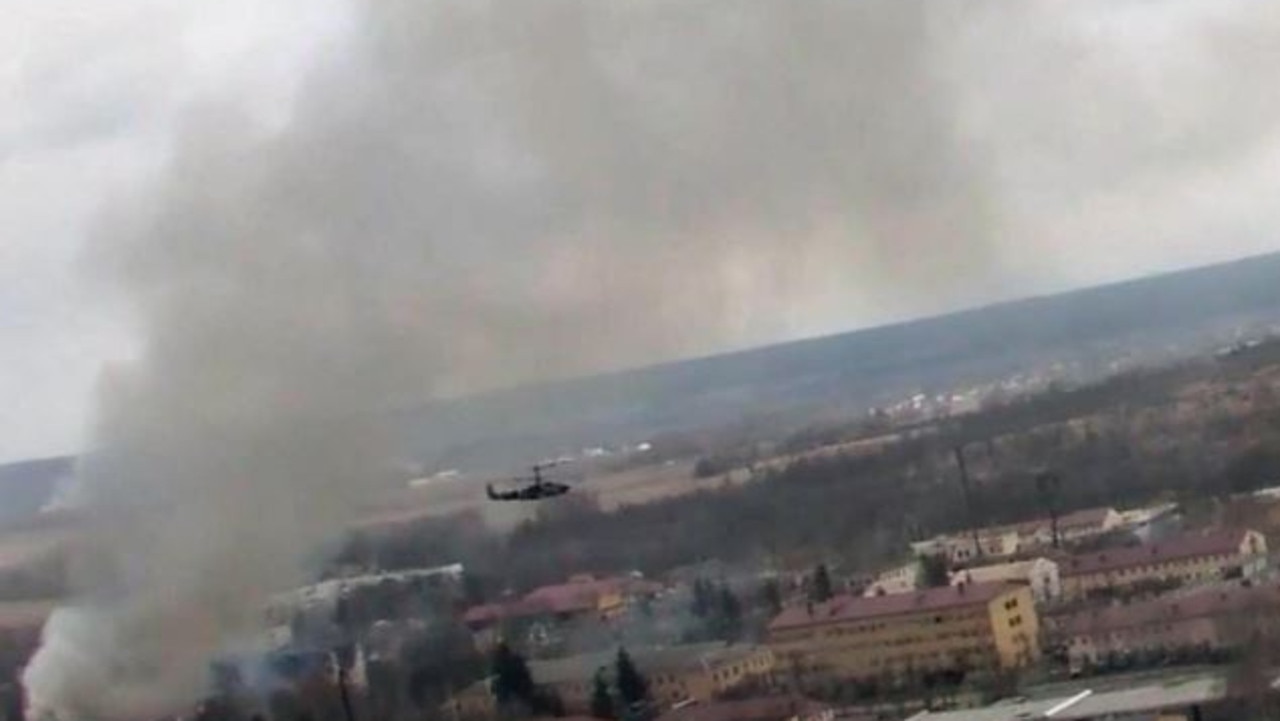
“Putin might escalate the war out of desperation rather than opportunity,” Professor Rovner says. “If he believes that Russia is facing decades of depravity, Putin might gamble on extreme measures to break the sanctions regime.”
History is full of examples of despots in dire circumstances.
Tokyo attacked Pearl Harbor – and drew the US into World War II – in a desperate bid to shock Washington into dropping a debilitating oil embargo. Sanctions had been applied in a bid to strangle Japan into backing down from its invasion of China.
Would Moscow do something similar?
“Vladimir Putin is a bad strategist,” Prof Rovner says. “He does not understand the relationship between force and politics. He is incapable of predicting international reactions to his ham-fisted military campaigns.”
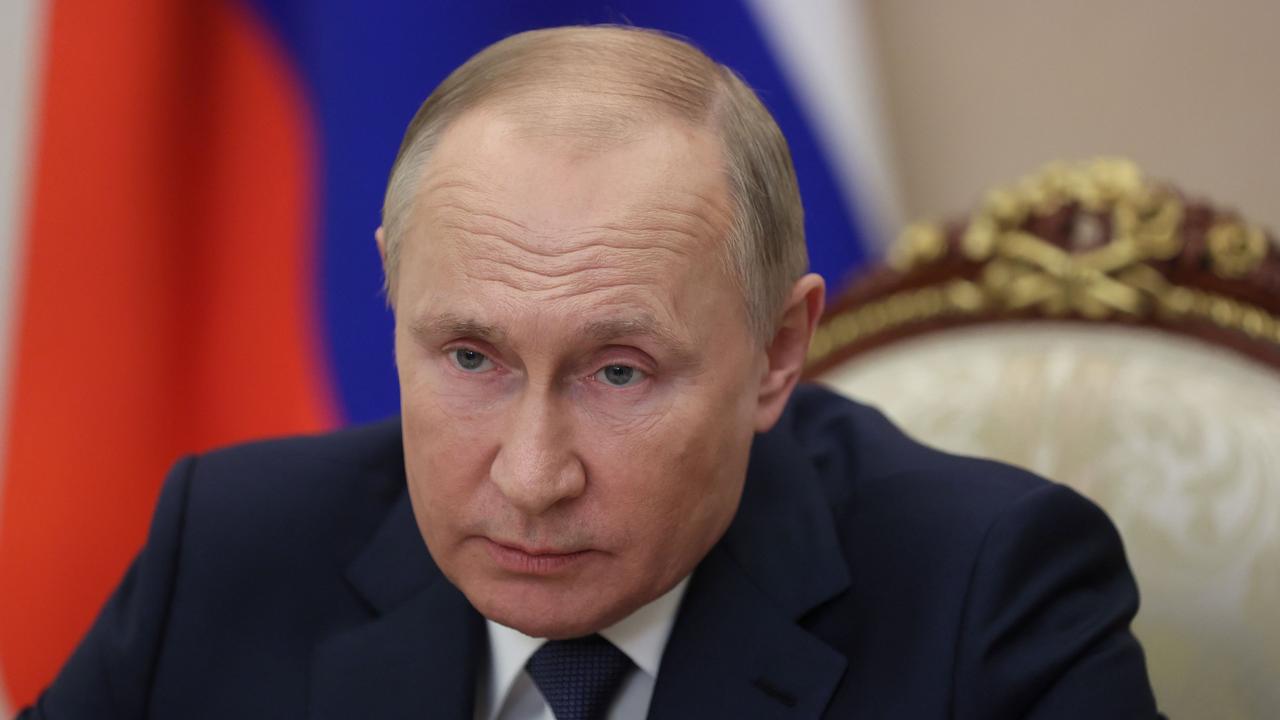
None of Mr Putin’s closest confidants dare tell him his stupid ideas are stupid.
And that has implications for ending the war.
“Bargaining will be difficult because it is hard to predict what kinds of threats and promises will convince Putin to settle. Bad strategists may not recognise good deals. In addition, Putin’s dismal track record will make it hard for Western leaders to believe his promises. No one is likely to trust Putin to keep the peace given his penchant for military adventures.”
His tanks are stuck in the mud. His troops are cold and hungry. He’s relying on increasingly brutal tactics in a desperate bid for victory.
Could he have learnt a lesson from unvarnished, unspun history?
“Athenian history might be a good place to start,” Prof Daddis says. “As Thucydides cautioned, ‘It is a common mistake in going to war to begin at the wrong end, to act first, and wait for disasters to discuss the matter.’”
Jamie Seidel is a freelance writer | @jamieseidel






